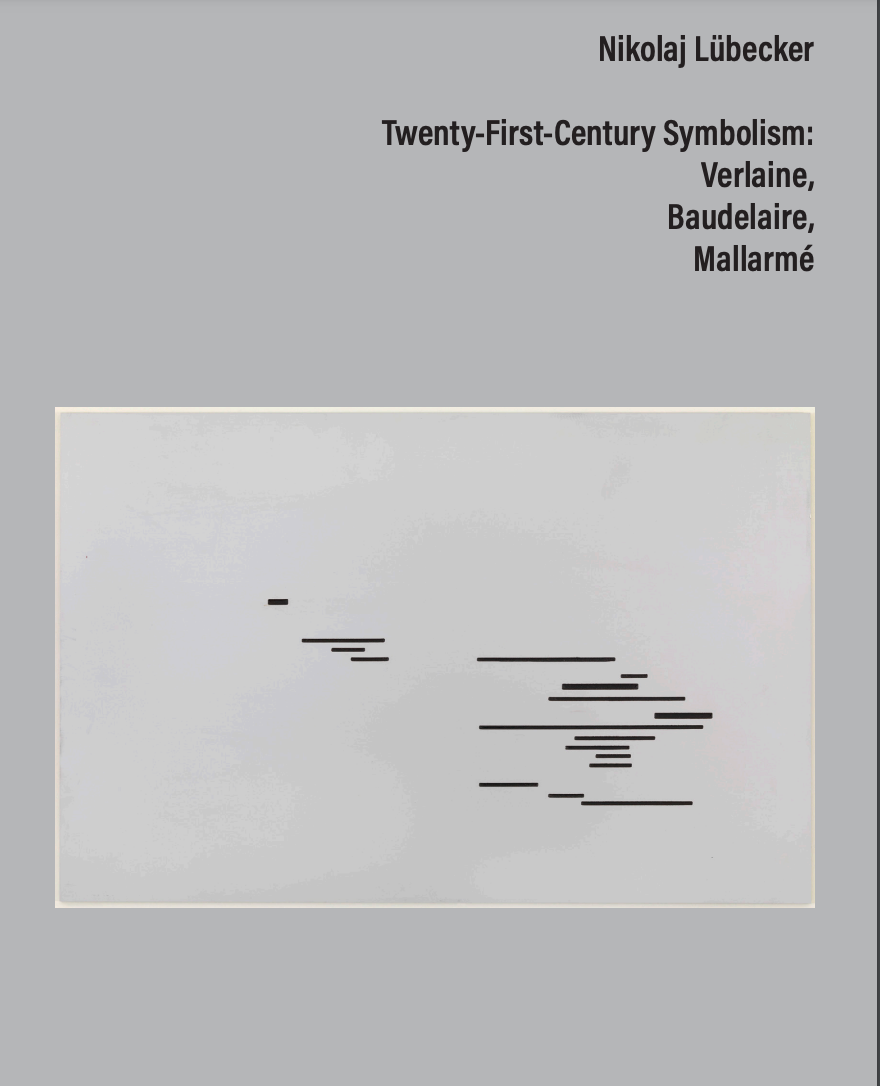
How do the writings of Verlaine, Baudelaire, and Mallarmé speak to our time? Why should we continue to read these poets today? How might a contemporary reading of their poetry differ from readings delivered in previous centuries?
Twenty-First-Century Symbolism argues that Verlaine, Baudelaire, and Mallarmé prefigure a view of human subjectivity that is appropriate for our times: we cannot be separated from the worlds in which we live and evolve; human beings both mediate and are mediations of the environments we traverse and that traverse us, whether these are natural, urban, linguistic, or technological environments.
The ambition of the book is therefore twofold: on the one hand, it aims to offer new readings of the three poets, demonstrating their continued relevance for contemporary debates, putting them into dialogue with a philosophical corpus that has not yet played a role in the study of nineteenth-century French poetry; on the other, the book relies on the three poets to establish an understanding of human subjectivity that is in tune with our twenty-first century concerns.
Table of contents…
Introduction
Haiku-Verlaine
The Verlaine-Environment
Affectivity and Ecology in Baudelaire’s Twilight
Baudelaire and the Power of Colour
Mallarmé – Becoming Individu-Livre
Mallarmé’s Demonic Media Theory
Conclusion
Bibliography
Index